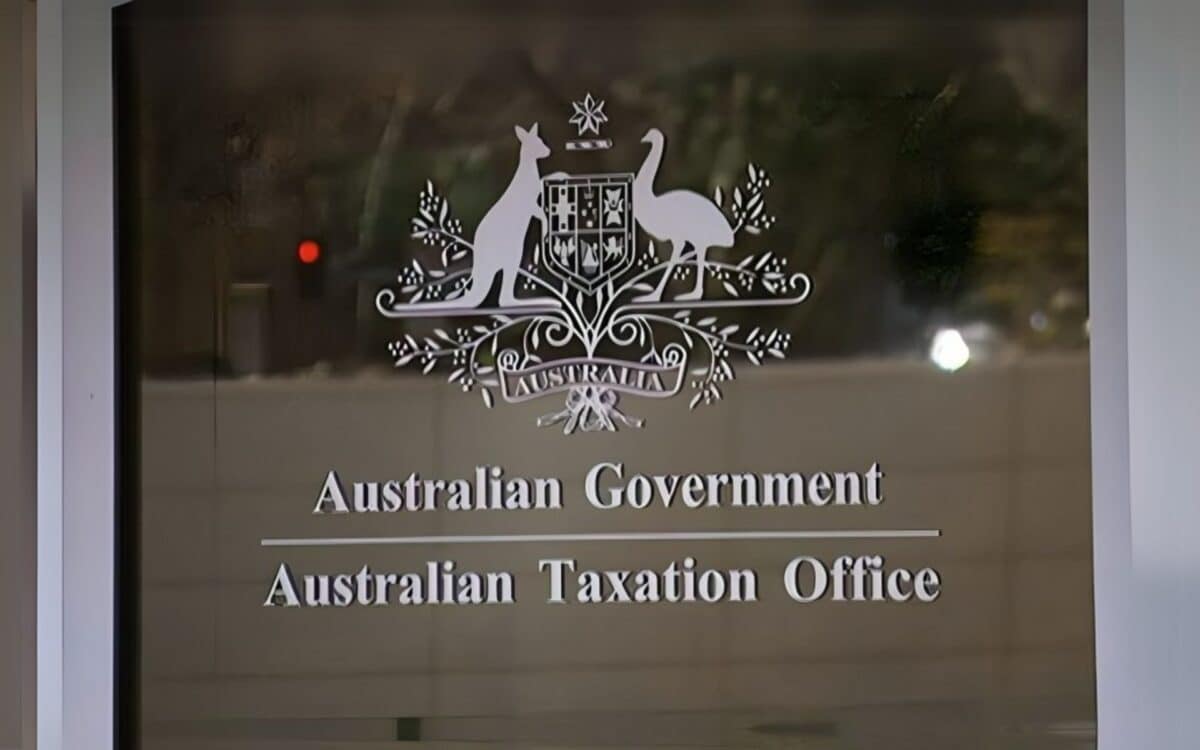CPA Australia has raised concerns over the Australian Taxation Office (ATO) and its interpretation of section 109U of the Income Tax Assessment Act, arguing that the current approach does not distinguish sufficiently between contrived arrangements and legitimate commercial guarantees.
In a recent submission, the professional body urged the ATO to provide more targeted guidance in TD 2024/D3, including clear examples to help taxpayers understand which financing structures will not trigger adverse tax consequences.
Impact of Section 109U on Private Company Guarantees
The ATO’s taxpayer alert TA 2024/2 and the draft tax determination TD 2024/D3 were issued in December to warn tax practitioners and private groups about potential Division 7A breaches when private companies issue guarantees to related entities.
The ATO has expressed concerns that some guarantee arrangements may be attempts to bypass Division 7A, leading to deemed dividends under section 109U. However, CPA Australia noted that:
- Providing security or guarantees is a standard commercial practice for private corporate groups.
- Banks typically require group companies to offer guarantees when borrowing.
- The ATO’s broad interpretation could cause routine financing structures to fall within section 109U.
- This creates significant uncertainty for businesses trying to ensure compliance.
Thin Capitalisation Rules and Conduit Financing
The submission also highlighted concerns about thin capitalisation rules, particularly when private groups use conduit financing structures. Under the ATO’s interpretation, a financing company lending to a trust could fall under section 109U even if it follows Division 7A terms.
To mitigate these risks, CPA Australia proposed that the ATO :
- Explicitly confirm that genuine conduit financing arrangements for thin capitalisation purposes will not be impacted.
- Provide binding guidance that distinguishes between commercial lending structures and those intended to avoid Division 7A.
Calls for Binding Guidance and Clear Examples
CPA Australia has also criticized the lack of specific, binding guidance in TD 2024/D3, which could lead to inconsistent tax treatment. The professional body suggested:
- Referencing TD 2011/16, which provided clear, binding examples to help taxpayers self-assess.
- Confirming that Division 7A-compliant loans—with regular repayments and no forgiveness—will not trigger a deemed dividend under section 109U.
- Clarifying that legitimate financing arrangements used for group borrowing are not within the scope of section 109U.
CA ANZ calls for clearer compliance guidelines from the ATO
Chartered Accountants Australia and New Zealand (CA ANZ) has also criticized the uncertainty created by TD 2024/D3. The body emphasized that the ATO’s lack of clear compliance guidelines is problematic for taxpayers.
To improve clarity, CA ANZ suggested that the ATO should:
- Provide detailed guidance on what arrangements are considered low-risk.
- Offer examples of acceptable financing structures, such as:
- A back-to-back loan arrangement originating from a bank.
- A Division 7A-compliant loan to a shareholder or associate, with clear repayment terms.
Uncertainty Remains for Private Groups
Both CPA Australia and CA ANZ have urged the ATO to refine its approach so that legitimate commercial financing arrangements are not inadvertently caught under section 109U. Without clearer guidance, private groups relying on standard security practices could continue to face significant tax uncertainty.
CPA Australia and CA ANZ have called for clearer guidance from the ATO on section 109U to reduce uncertainty for private companies. Their recommendations aim to help taxpayers navigate compliance with Division 7A and related financing arrangements.









